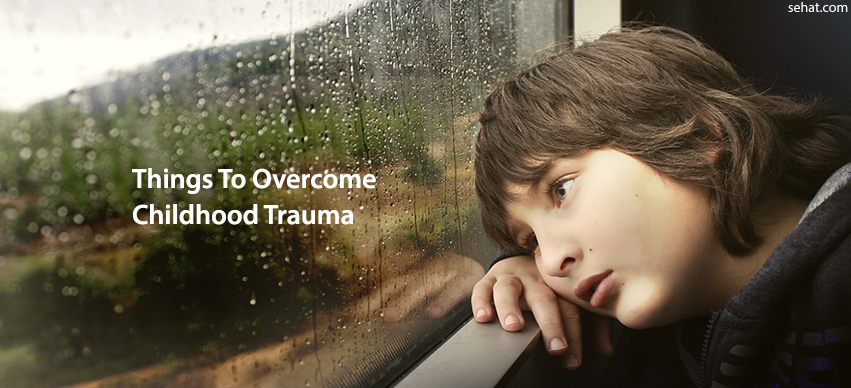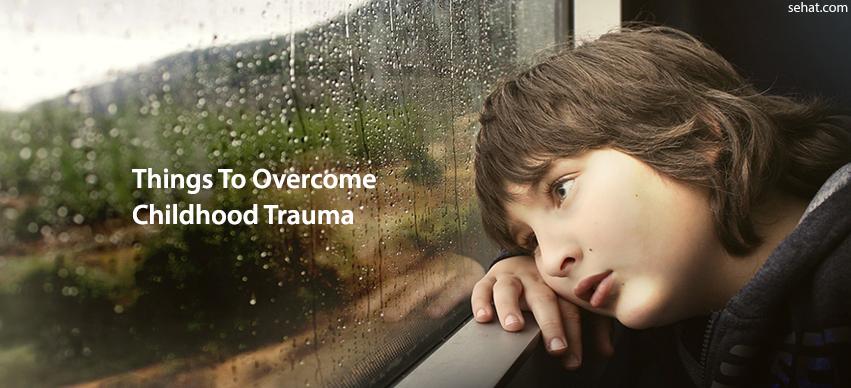Nanoparticle Therapy – An Emerging Cancer Treatment
5 Min Read


Childhood trauma can have a negative impact on the overall quality of life during adulthood. Research has shown that a trauma suffered in childhood may become a source of various addictions later in life, as well as a significant factor in the development of the mental disease. If you’re interested in additional details about how childhood trauma can develop and cause addictions in adulthood, read this comprehensive article.
Childhood trauma may be triggered by either physical or psychological abuse, or a combination of both, that children suffer at the hands of their parents, siblings or even classmates. The importance of overcoming childhood trauma from happening cannot be overstated. Parents should take special care to ensure their kids grow up without the risk of suffering abuse, as well as pay attention to their mental well-being. In this article, we’ll highlight the best methods how you can overm childhood trauma from developing.
The first step towards resolving a problem is identifying it. Your child may have issues that could lead to traumatic experiences and for this reason, it’s crucial to identify the problems your child is facing and adopt an approach that will help you resolve them.
There are no universal solutions, however, because children are different and their experiences and emotions can vary considerably. Our coping mechanisms are also highly individual, so you’ll have to learn to recognize how your child is dealing with problems that he/she is facing. Correctly identifying the issues enables you to act and start working on resolving them before they cause trouble.
Parents can often prevent or reduce the impact of childhood trauma just by being there for their kids. Spend as much as time as possible with your kids and be there to provide support to them when they face difficulties. Still, remember that the goal is not to have your kid rely on you under all circumstances, but provide them with the means to cope with problems on their own. Remember that many issues could be resolved just by listening to what your child has to say.
Showing disapproval of your child’s actions should be done in a way which doesn’t erode his or her’s self-esteem. The best way of achieving this is by talking to your kid and addressing things in a calm manner. Many parents make a mistake of trying to make their children feel guilty as the mean of correcting behavior they think wrong. Coping with guilt may be a source of significant psychological strain for your child.
Exposure to stress can have adverse psychological effects, especially for a young child that has only started to develop psychologically. Stress can be triggered by a number of different factors, such as parents fighting or pressure at school or in kindergarten.
A child should be shielded from stressful situations, as to overcome trauma from happening, as well as to ensure proper development. As a parent, we recommend you make it a priority to enable your child to grow up in a safe, stress-free environment.